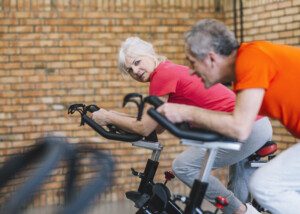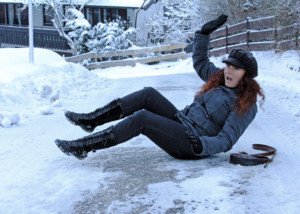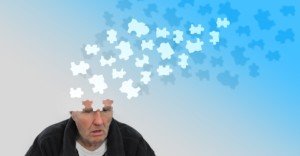
So when it comes to preserving mental function in old age, which wins out between physical exercise and mind activities?
Brain shrinkage is associated with dementia or declining cognitive abilities, and exercise has been shown to prevent or delay brain shrinkage, even reverse it.
On the other hand, mental activities like crossword puzzles have been tied to lowering Alzheimer’s disease risk.
A study (Neurology, Oct. 23, 2012) gives the win to physical exercise — physical activity done in old age on a regular basis.
Exercise trumps mental workouts in guarding against brain shrinkage. Brain shrinkage can lead to memory problems and issues with thinking.
The three-year study by Gow, et al, showed that men and women in their 70s who exercised more had less brain shrinkage and other signs of aging when compared to less active people.
MRI scans showed that the size of their brains was not affected by mental exercises including socializing.
The study was small, following 638 people, all receiving an MRI brain scan at age 73.
Subjects reported their physical activities and mental/social habits. The physical activity habits ranged from sedentary (moving only when necessary) to heavy exercise or competitive sports participation several times weekly.
After the three years, the subjects who were the most physically active had less brain shrinkage (atrophy) than those who did minimal exercise.
Exercise Tips for Older Beginners
Though the younger you are, the better results you’ll get with exercise, the fact remains that it’s never too late for exercise to deliver benefits.
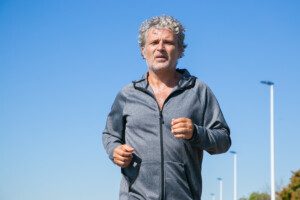
Freepik/pch.vector
So even if you’re old and get around with only a shuffle, nobody says you must sprint down a street for exercise.
Join a gym, have a seat and start pushing and pulling at weight. Work on your pushups at home. Try free weights too: dumbbells, kettlebells, weighted balls.
Consider hiring a personal trainer. However, you should be leery of personal trainers who have their clients lying or sitting on the floor for much of a session.
This is because activities of daily living take place while you’re on your feet (or seated in a chair) rather than seated or lying on a floor.
Put generous stock in leg exercises, such as those shown below.
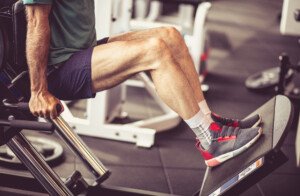
Shutterstock/Mladen Zivkovic
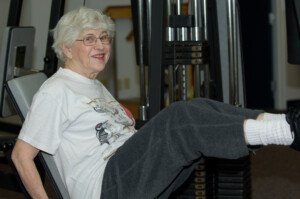
Shutterstock/Wendy M. Simmons
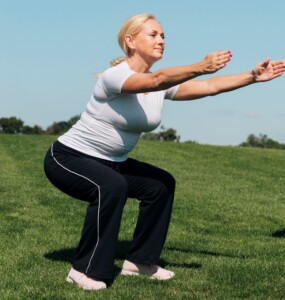
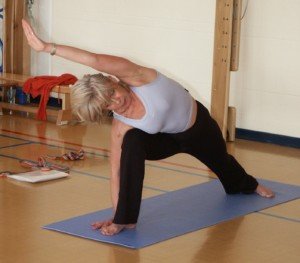
And of course, there’s always walking — either outdoors or on a treadmill. Below shows how you should walk on a treadmill: swinging the arms, good posture.

Shutterstock/Dmytro Zinkevych
I’ve always known, intuitively, that exercise has a profound impact on brain function, but it’s nice to see more studies showing this.
For a healthy brain, do not just rely on crossword puzzles or mingling with people.
The brain is an organ as much as the heart is an organ. It needs the increased blood flow from exercise to be at its best.
Nevertheless, it’s important to continue keeping the brain stimulated with mental tasks to help stave off dementia.

